Highland Council is tabling a range of measures designed to help residents get through the cost of living crisis.
The proposed £3.223 million welfare package follows data showing that remote parts of Scotland need to budget 10-33% more for household costs than the national average.
The council report also reveals that 63% of Highland homes are off-gas. These homes will not benefit from the UK Government’s proposed price cap – though details of help for LPG, oil and coal customers are expected soon.
Highland Council says data showing a third of Highland homes in fuel poverty is now out of date and the reality is likely much worse.
The planned £3m cash injection is on top of the overall £54m welfare budget and the extra £3.4m already agreed in June.
The council report underlines the nature of the crisis, stating: “A key focus of the welfare proposals set out in this report is to enable residents to eat, to heat their living areas, and to continue to live safely in their homes.”
£145 to Highland homes
Highland Council is proposing to give £145 cash to households in receipt of council tax deductions or exemptions. This would see 17,400 council taxpayers receive the money by the end of November.
To qualify, customers will need to be in receipt of means-tested council tax deductions or exemptions due to personal circumstances. These include mental impairment, people who are receiving or providing care away from their home, and under 18s.
In a bid to help low-income families, the council also plans to extend free school meal payments. Currently, some children benefit from free school meals Monday to Friday during school holidays as well as term time. Under this plan, they’ll also get meals at the weekends up to Easter 2023. This means children from low-income families will get a meal every day in the October and Christmas holidays.
Finally, community groups helping with food and other essential services could apply for grants of up to £10,000. FareShare, the food distribution network, could receive a one-off £50,000 grant to boost its Highland operation.
These proposals will cost Highland Council £3.223 million on top of its existing cost of living and welfare support. It will be funded by non-earmarked reserves. The plan is up for approval at this Thursday’s meeting of the Highland Council.
Highland Council hit by cost of living crisis too
While Highland Council is taking steps to help its residents, it also needs to put its own house in order.
It currently faces a £9.6 million overspend in this year’s revenue budget. But that’s small fry compared to the £40.9 million budget gap it expects to face next year. Council finance bosses say that size of the gap is likely to keep repeating in the years ahead, until inflation is brought under control.
Thursday’s report says the council is experiencing “significant pressure on its finances, predominately driven by the current high-inflation environment”. The report quotes Deputy First Minister John Swinney, who recently said he has never experienced a time of greater pressure on public services.
Inflation topped 10.1% in July, the highest rate since February 1982.
In response, Highland Council looks set to overhaul its whole operation. The report outlines plans to move beyond recovery toward a “post-pandemic workplace”. While Highland Council says it’s aiming to avoid redundancies, it does plan to reduce its staff numbers through natural turnover, and “reprioritise for an agile and flexible workforce”.
It’s likely to double down on any activities that bring in revenue, perhaps charging for services that were previously free. Initiatives like a tourist tax could also bring in much-needed cash.
At the same time, the council admits it must review its capital programme. Many projects now look vulnerable – though details are yet to be agreed – and any contracts over £1 million will be subject to review.
Lobbying energy firms
As well as financial help, Highland Council hopes to flex some political muscle. The SNP-Independent coalition wants to work with the Scottish Government to encourage utility firms to provide better tariffs to social tenants.
The council’s own housing investment plans will be up for discussion at a special member workshop next month. At the last meeting of the housing committee, Highland councillors pushed for faster heating and insulation measures to tackle the cost of living crisis. However, they were told the industry can’t keep up with demand.
Council leader Raymond Bremner says the proposals tabled this week aim to “help alleviate the significant pressures which are impacting households across the Highlands”.
However, the Liberal Democrat opposition has tabled its own motion to address the cost of living crisis. Their wide-ranging proposals include local ‘heat hubs’ in council premises, an emergency cost of living summit and extensive lobbying.
Councillor David Gregg, who is leading on the motion, recently told the P&J that the council has been too slow to respond to the challenges. In response, Mr Bremner urged parties of all political colour to arrive at a joint solution on Thursday.
Are you interested in more exclusive and breaking Highland and Islands news from the P&J? If so, why not join our dedicated Facebook page HERE
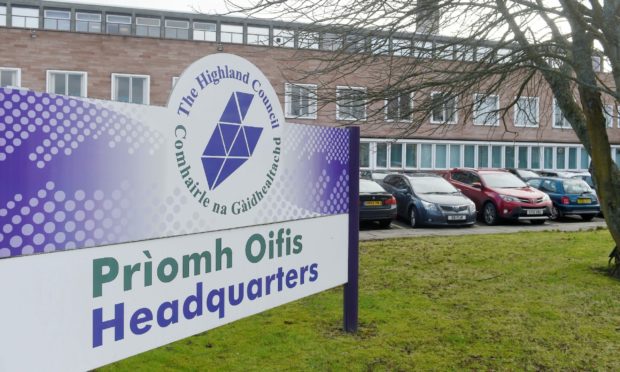
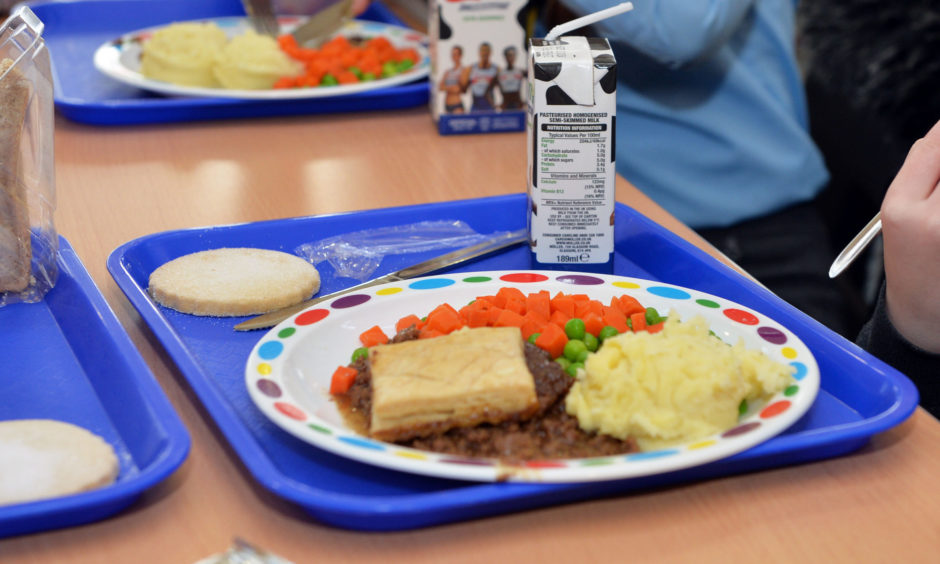
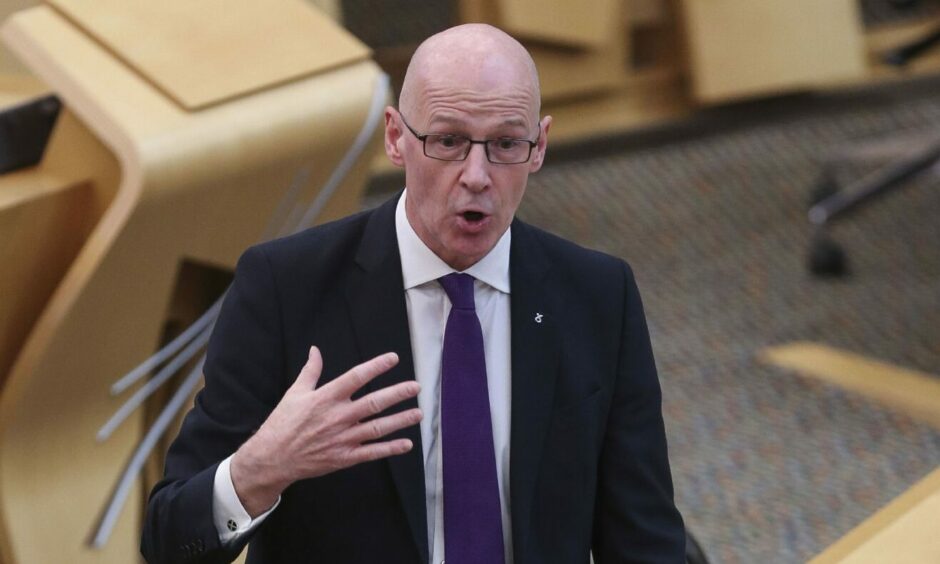
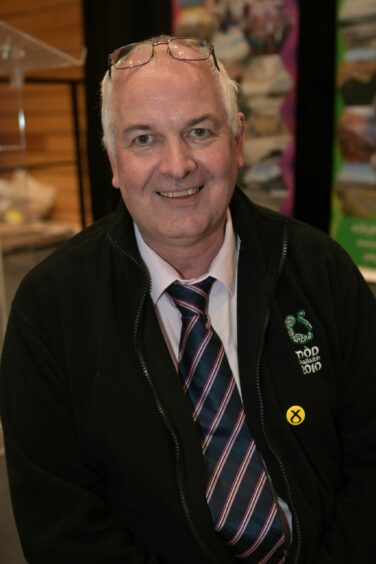
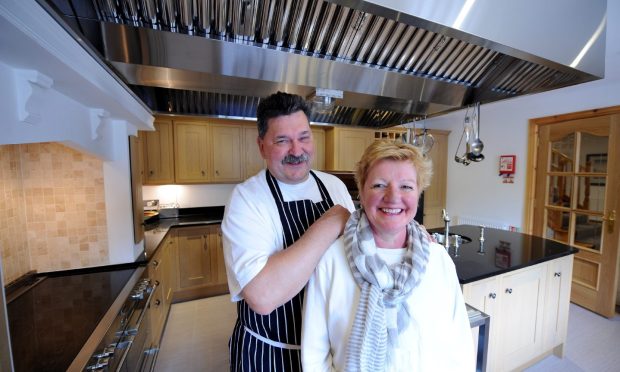

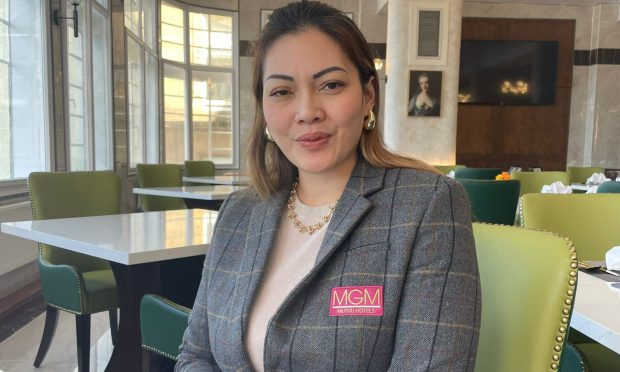
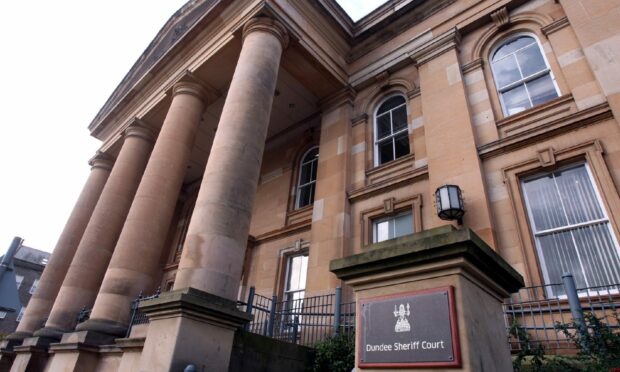
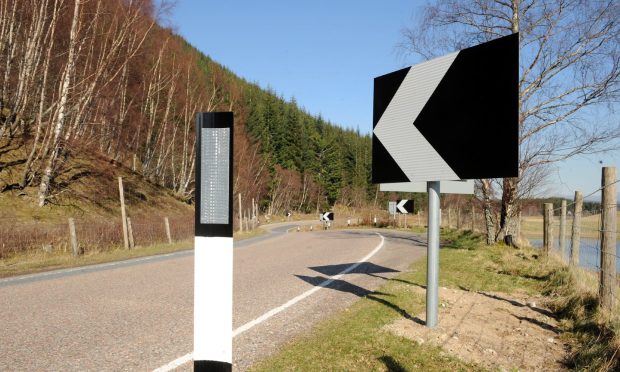

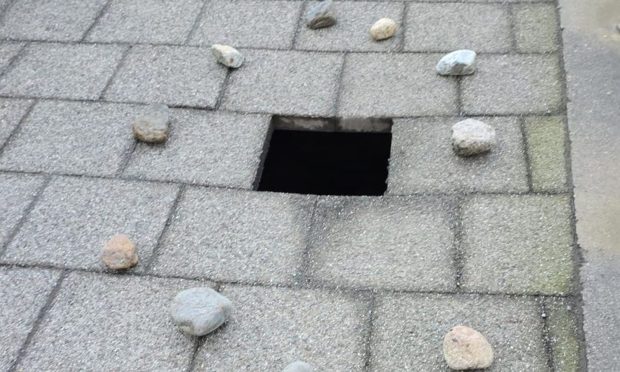
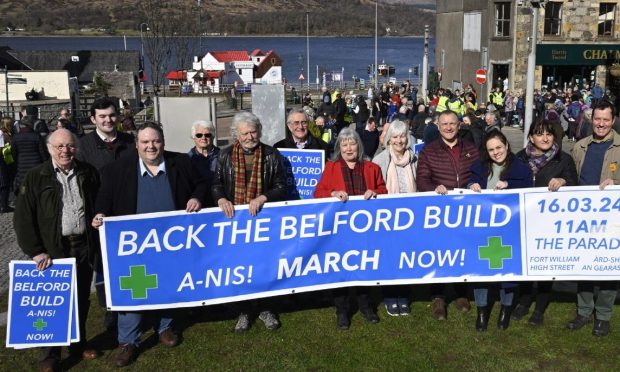
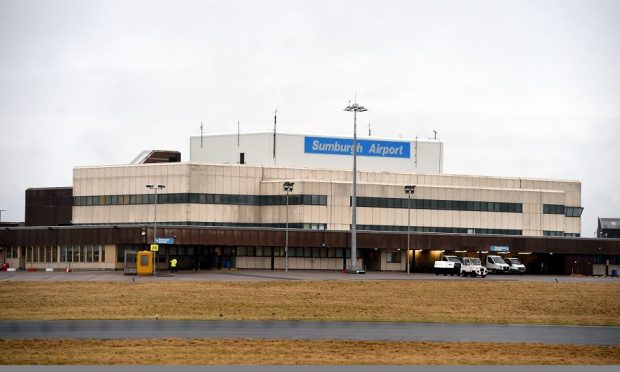
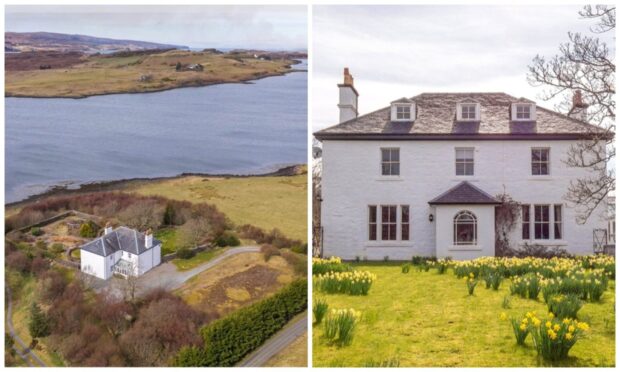
Conversation